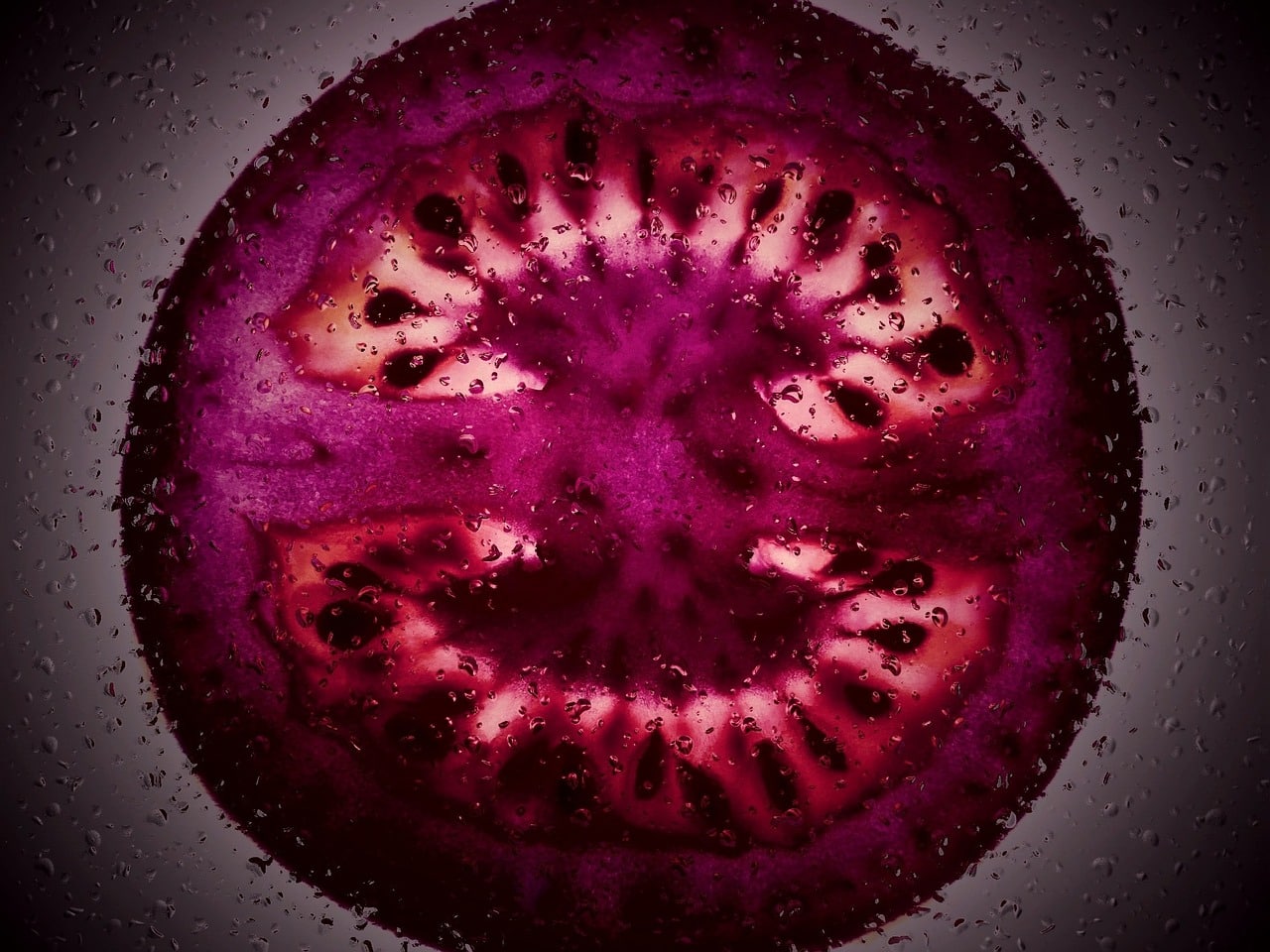The USDA has announced its decision to allow U.S. home growers to purchase and grow high-anthocyanin purple tomato seeds beginning in 2023, according to a release.
Norfolk Plant Sciences'(NPS) modified tomato is “unlikely to pose an increased plant pest risk relative to its comparator,” stated a Regulatory Status Review (RSR) issued on Wednesday, Sept. 7, by the USDA’s Animal and Plant Health Inspection Service (APHIS). The purple tomato is no longer restricted due to regulations that limit “Movement of Organisms Modified or Produced through Genetic Engineering.”
This decision is highly rewarding for researchers at NPS, a company under the John Innes Centre and The Sainsbury Laboratory. NPS was established to discover new ways to commercialize research into plants with elevated health-giving compounds.
“This is fantastic, I never thought I would see this day. We are now one step closer to my dream of sharing healthy purple tomatoes with the many people excited to eat them,” said Cathie Martin, a professor at John Innes Centre. “The bittersweet thing is that the tomatoes will be on sale in America and not the UK as well. But the plus side is that by focusing on home growers we will be consumer oriented, and we will be able to get feedback and interest needed to develop other products.”
Researchers have high hopes for the tomatoes, as hundreds of people across the U.S. have already communicated interest through the Big Purple Tomato website.
“When Cathie and I founded NPS nearly 15 years ago to bring to market health-promoting, genetically enhanced purple tomatoes, invented in the UK, we never thought it would take so long to obtain regulatory approval. This is a red-letter day for crop improvement, with approval of a beneficial product by USDA, after careful scrutiny of a detailed information dossier that describes its properties,” said Jonathan Jones, professor at the Sainsbury Laboratory. “We also look forward to sensible regulatory frameworks for such products in the UK, and effective methods to protect our major crops from disease, using genetics instead of chemistry.”
Studies have shown that anthocyanins, a type of antioxidant, are linked to various health benefits and are key to an anti-inflammatory diet. While there are other purple-skinned tomato varieties, they do not hold useful levels of the healthy compounds in the fruit’s flesh, believe researchers.
“This decision shows how the updates to APHIS’s regulatory framework will enable independent scientists and small companies to develop and compete on the market with better products, to the benefit of consumers and climate. This decision is a big milestone, which brings us much closer to a commercial launch of purple tomatoes. We are optimistic that we can begin limited distribution of purple tomatoes in the U.S. in 2023,” concluded Nathan Pumplin, CEO of Norfolk Plant Sciences’ U.S.-based commercial business.
Read More:
Tomatoes’ Roots Trail Back Further Than Campbell’s Soup











